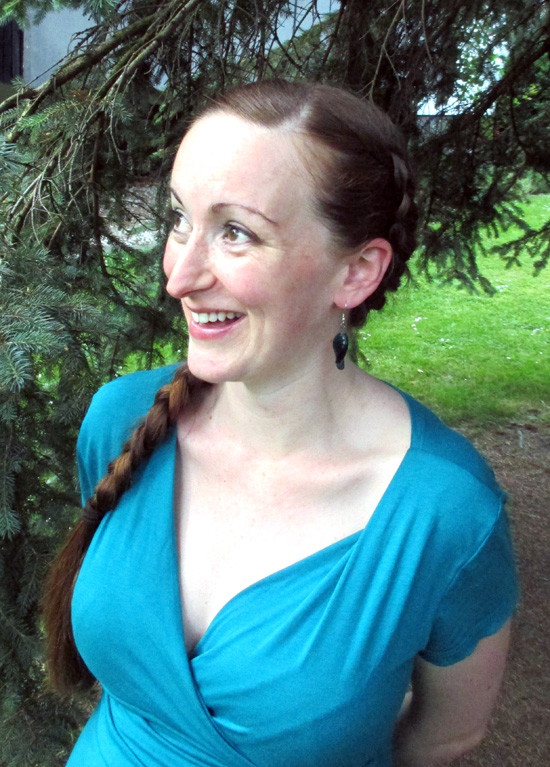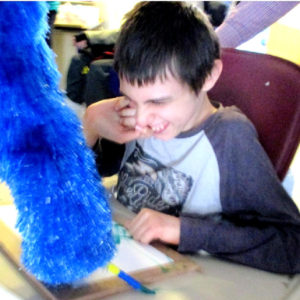JOANNA GRACE

Joanna Grace is a Sensory Engagement and Inclusion Specialist, author, trainer, TEDx speaker and Founder of The Sensory Projects.
The Sensory Project runs on the idea that with the right knowledge and a little creativity, inexpensive items can become effective tools for inclusion. In all her work Jo is seeking to contribute to a world where people are understood in spite of their differences.
Jo’s book: Sensory Stories for children and teens with special educational needs, is available on Amazon.
Jo has written and published numerous articles in magazines, newspapers, journals both on line and in print. Links to them can be found on her LinkedIn profile page.
Facebook @TheSensoryProjects
Joanna Grace on Co-Creativity
In the natural run of things we expect the consumers of creative works to in time become the creators of such works themselves. The child who reads books grows up to write stories. The child who visits a gallery goes home to paint a picture. Creativity goes in, and creativity comes out, like breathing, it’s the way it should be, it’s healthy, it is life giving. Not that painting a picture, except in the rarest of situations, can save your life, but that doing such things adds life to days lived.
The Structured Sensory Art Project enabled individuals with profound and multiple learning disabilities to independently create their own works of art. The enabling process was not one of helping them to be creative: they already are creative. The enabling process was mainly about ensuring their creativity was not overwhelmed by the creativity of other people.
The Sensory Story Project has for many years been creating literature for people with profound disabilities and for everyone else as well. A sensory story is a concise text, typically around 8 to 10 sentences long (writing them is an art form akin to haiku where what you do not say needs to be as beautiful as what you do say). Each sentence in a sensory story is partnered with a rich and relevant sensory experience. These experiences convey the story as equal partners with the text, such that someone can access the narrative purely through sensation, purely through language or through a combination of both.
People with profound and multiple learning disabilities do not use traditional forms of communication, and rely heavily on others to facilitate their access to experiences. It would be easy to look at these people and presume they were not able. 2017 was the first time The Sensory Projects, in partnership with The Sensory Trust facilitated a co-authoring of a sensory story, and 2018 was the second. The 2018 co-authoring, which took place at National Star College and involved 60 people with profound and multiple learning disabilities was easily the best day of 2018 for me.
When tasking typically developing authors to create a story you might give a little direction, such as “write an adventure story” or “write a love story.” We did the same but in a sensory way, laying out in a theatre ten sensory experiences to explore. The way the authors engaged with and explored these resources was unique to them, was expressive, and was creative. We were the witnesses to the story, there to record it not write it. It was an incredible experience, one I have written about here and here for those curious to read more.

